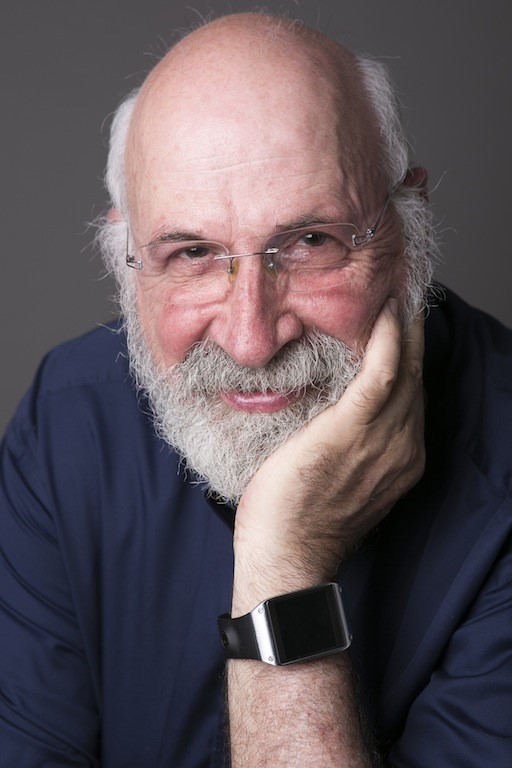-How can you study motion sickness on one hand, and online therapy on the other?
-How can biofeedback be relevant to your strong interest in psychodynamic psychotherapy?
-How come you believe in therapeutic alliance, and study CBT at the same time?
-How can you be part of the interpersonal neurobiology group which strongly believes in brain-to-brain and body-to-body communication, and at the same time edit a book about “body-less” online therapy.
Interestingly, I am now reading David Epstein’s best seller, Range: Why Generalists Triumph in a Specialized World, in which he examined athletes, artists, musicians, inventors, forecasters, and scientists. He discovered that in most fields–especially those that are complex and unpredictable–generalists, not specialists, are primed to excel. Generalists often find their path late, and they juggle many interests rather than focusing on one. They’re also more creative, more agile, and able to make connections their more specialized peers can’t see.
My perspective is more subjective and hopefully more humble. I don’t regard myself an expert in all those fields. I am always learning.
There is only one excuse for my tendencies, namely my curiosity. All these fields simply fascinate me. Or to quote Kay Redfield Jamison (author of Unquiet Mind), I suffer from a problem called “incapable of being indifferent”.
I don’t think this brings me to manic or depressive situations. but it does clearly pave the way towards exuberance. I hope this will excite my readers as well.


